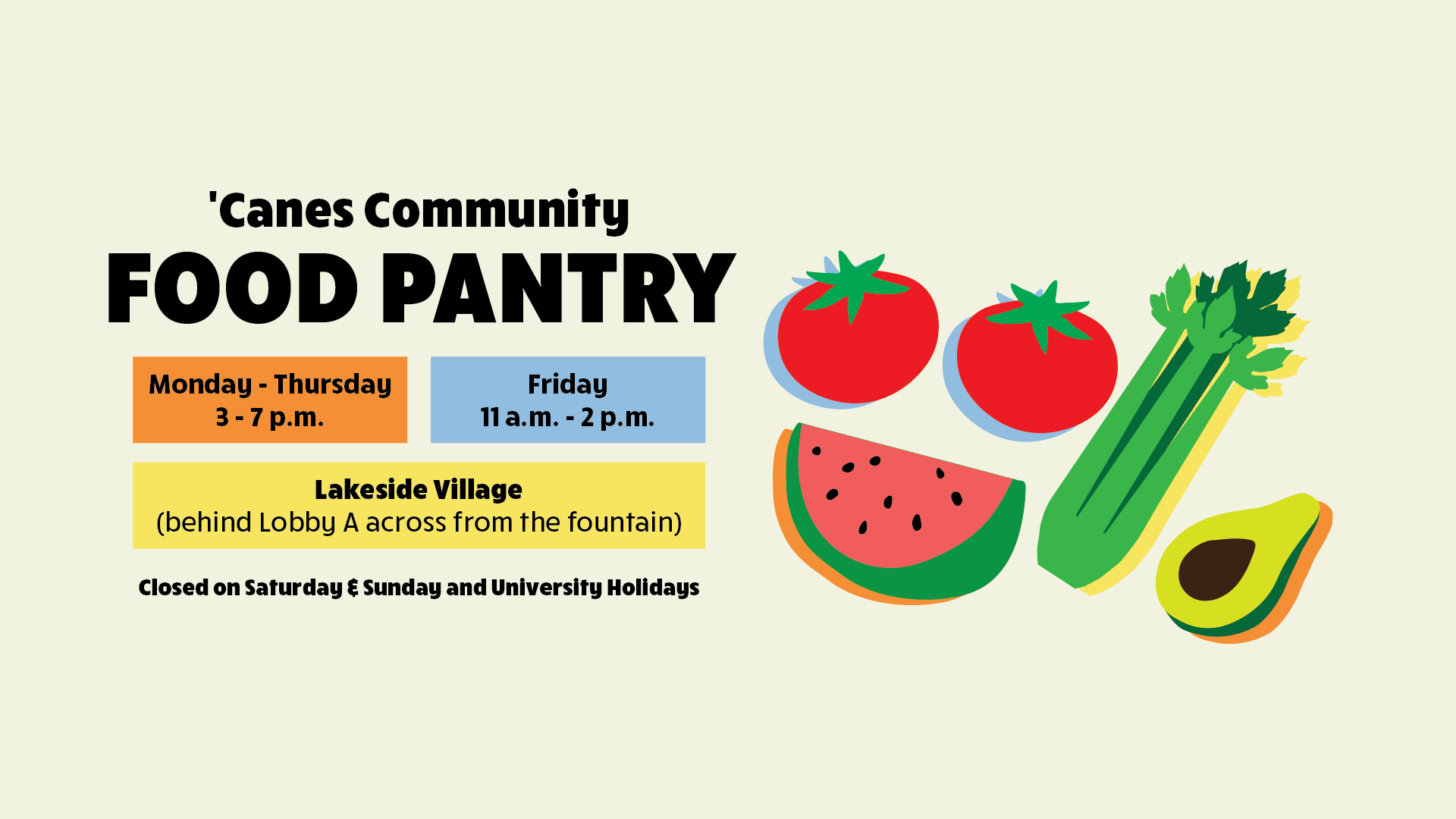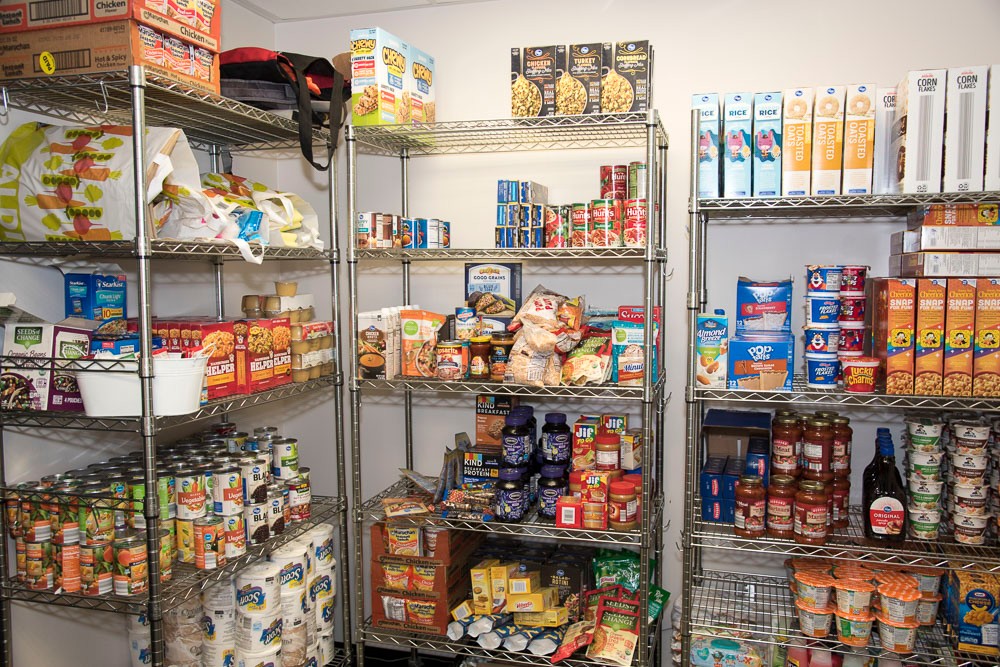Why Supporting Your Regional Food Kitchen Is Crucial for Assisting Those in Demand
The relevance of sustaining neighborhood food kitchens can not be overstated, especially in the context of food insecurity, which influences a disconcerting number of individuals and households within our communities. As we discover the multifaceted role of food pantries, it becomes noticeable that their impact extends far beyond merely distributing food.
Recognizing Food Insecurity
Food insecurity affects roughly 10.5% of homes in the United States, illustrating a considerable public health concern that goes beyond simple cravings. It describes the lack of regular access to adequate food for an active, healthy life. This condition can result in a variety of damaging end results, including poor health and wellness, raised medical care costs, and reduced academic efficiency among youngsters.
The reasons for food instability are multifaceted, commonly originating from financial variables such as unemployment, destitution, and underemployment. Geographical area can also play a vital duty, with food deserts-- areas with minimal access to economical and nutritious food-- exacerbating the concern - Food Pantry Lockhart. In addition, systemic variables, including social and racial injustices, add to the disproportionate impact of food insecurity on marginalized neighborhoods
Resolving food insecurity is not merely concerning enhancing food supply; it calls for a detailed strategy that incorporates financial security, education and learning, and neighborhood support. Food instability not just influences specific health yet also has broader ramifications for social wellness and productivity. Understanding its intricacy is vital for establishing reliable interventions and cultivating long-term remedies that ensure all people have dependable accessibility to healthy food.
The Function of Food Pantries
Regional food pantries work as crucial lifelines for individuals and families encountering food instability. They offer vital food products to those who may struggle to afford ample nourishment as a result of financial difficulty, joblessness, or unpredicted conditions. By dispersing food at no charge, these companies assist relieve cravings and stop the negative health influences connected with insufficient diets.
Food cupboards commonly partner with regional farms, food store, and neighborhood organizations to resource a range of nutritious food items, including fresh fruit and vegetables, dairy products, and proteins. This collaboration makes certain that kitchen customers get not just sustenance however also healthier options that add to overall well-being.
In addition, food cupboards work as neighborhood centers, fostering links amongst locals and giving a sense of self-respect to those in need. Many kitchens supply additional sources, such as nutrition education and learning and references to social solutions, aiding clients browse their challenges extra efficiently.
Essentially, food pantries play a multifaceted duty in combating food insecurity. They not only address instant appetite yet also equip discover this families and individuals to enhance their conditions, consequently advertising community durability and cohesion.

Benefits of Supporting Food Pantries

Sustaining food pantries not only check my reference nourishes those in demand however additionally enhances the textile of the neighborhood. By giving vital food sources, food kitchens minimize hunger and minimize food instability, which is critical for the health and wellness of people and families. Access to healthy food adds to improved physical health, better instructional outcomes for children, and improved psychological health, consequently fostering a much more efficient and involved community.
Furthermore, sustaining food cupboards promotes social cohesion. These organizations act as centers for community engagement, bringing together volunteers, benefactors, and recipients in a shared objective to deal with cravings. This collaboration can break down barriers, foster understanding, and build connections amongst varied neighborhood members.
In addition, donations to food pantries, whether in the kind of food, funds, or time, promote the neighborhood economic climate. Numerous food kitchens prioritize sourcing from neighborhood manufacturers, therefore supporting local agriculture and businesses. This creates a cycle of support that profits not only those in requirement however the community overall.
Exactly How to Obtain Involved
Involvement with food kitchens can take lots of types, enabling individuals and teams to make a meaningful influence in their neighborhoods. Monetary donations are also very useful, as they allow food pantries to acquire fresh fruit and vegetables and vital supplies.
Volunteering your time is one more impactful method to sustain local food pantries (Food Pantry Lockhart). In addition, think about arranging food drives within your community, workplace, or institution team to raise recognition and collect sources.
Partnerships with neighborhood companies can further boost assistance for food cupboards. By taking these actions, individuals and teams can dramatically strengthen the efforts of neighborhood food cupboards and aid those in requirement.
Community Effect and Link
Identifying the profound impact of food kitchens on neighborhood health is necessary for cultivating a spirit of connection and collaboration. Food cupboards serve not just as vital sources for those encountering food insecurity however additionally as centers for neighborhood involvement. They bring together diverse groups-- clients, volunteers, and benefactors-- developing an environment where individuals can attach and support one another.
The influence of food kitchens expands past mere stipulation of food; they work as a catalyst for social cohesion. By taking part in pantry efforts, neighborhood members can establish relationships that go beyond socioeconomic obstacles. This network of assistance helps to dismantle the stigma frequently linked with food assistance, fostering an environment of acceptance and understanding.
In addition, food pantries frequently collaborate with neighborhood organizations, institutions, and companies, enhancing their reach and efficiency. These partnerships enhance community resilience and urge a cumulative feedback to food instability. As individuals unite in their efforts to support local food cupboards, they cultivate a sense of shared objective and duty, reinforcing the idea that everyone has a role to play in guaranteeing that no person goes starving. Eventually, supporting food pantries enhances the material of the community as a whole.
Conclusion
Supporting local food cupboards this hyperlink is important in combating food instability and boosting the wellness of prone populaces. Engagement with food kitchens fosters neighborhood links, promoting social cohesion and equity.
